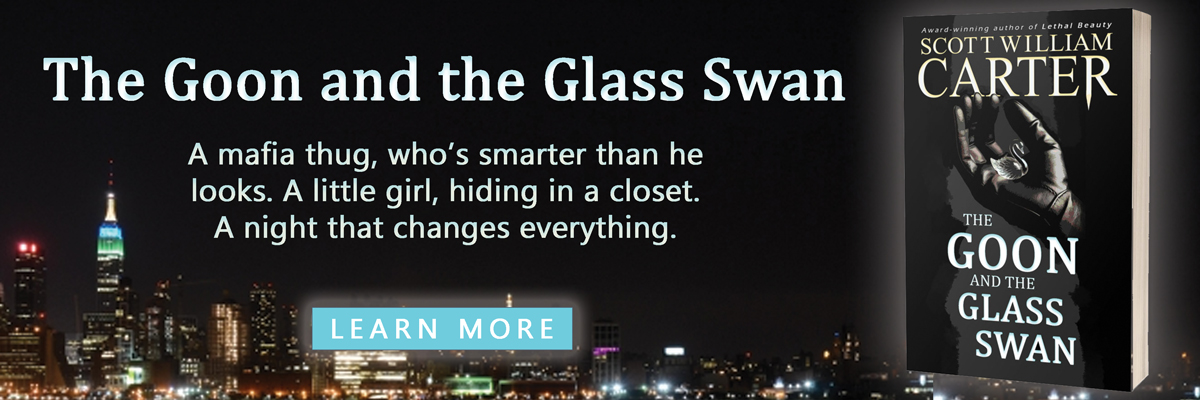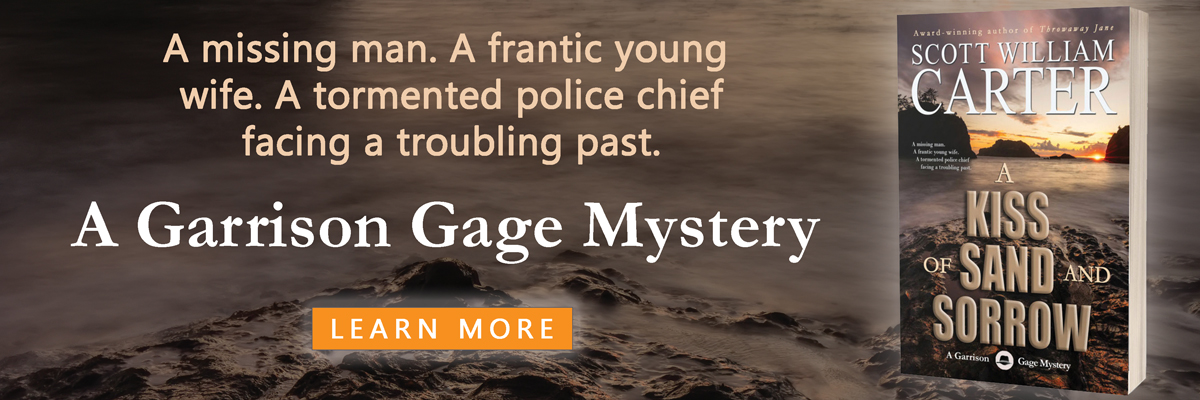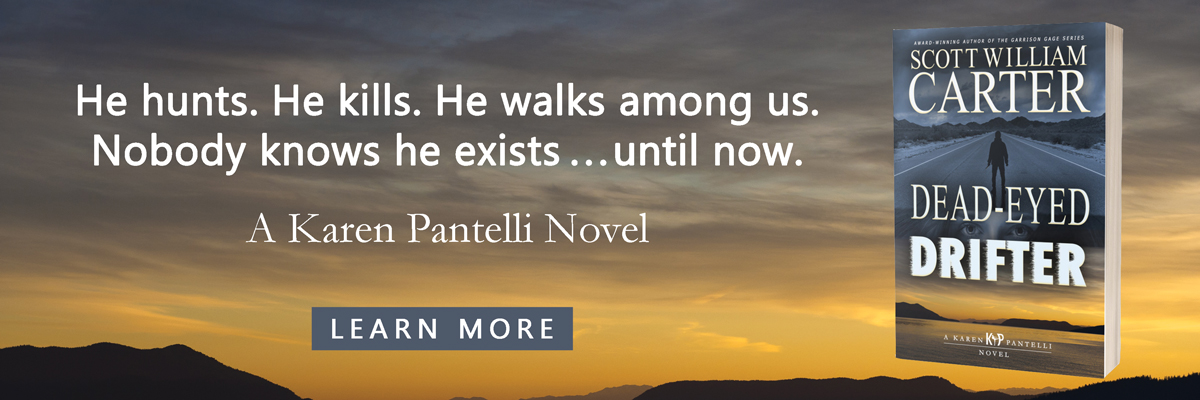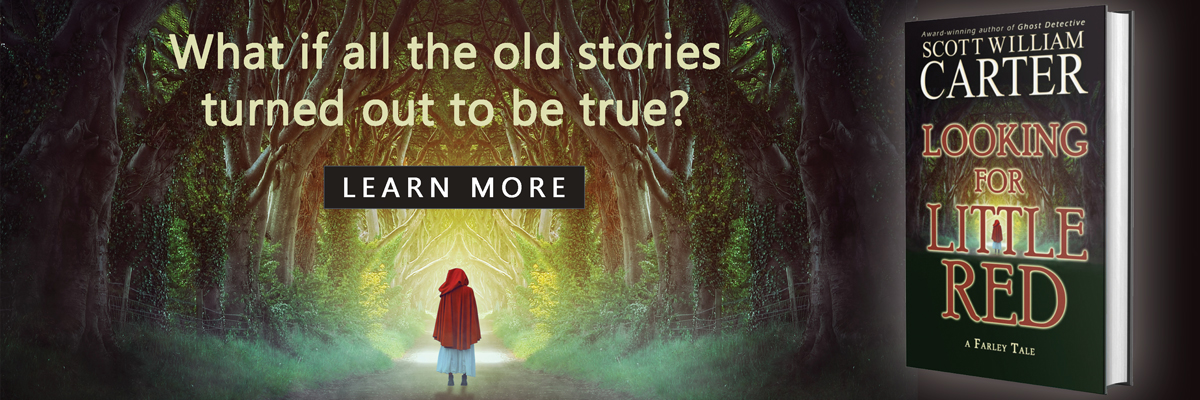Astute visitors to my website may have noticed it’s undergone a change. For years I’ve basically done all the heavy lifting for the site myself, but now the tools have gotten so good that it no longer seems efficient. I was also never that good at it; although my day job is working as a technology trainer at a university, I’ve never been a true Web designer. Plus you have to know so much more these days to do it well — Flash, javascript, etc. Simple HTML is no longer enough.
I switched over to a WordPress site, which allows me to update it from anywhere without having to use specialized web editing software. Anywhere I can get on the Web, I can update it, and I like that. I did some behind the scenes work to customize it a bit, and that was a fair amount of work, but it should be easy from here on out. It’s not all that fancy, but it’s easy to use and it accomplishes the primary goal — which is to let people know about me and my work. Whether you’re a bestseller or just someone with a few story sales, I don’t think there’s a good excuse for a writer to not have a website these days. It’s the lowest form of soft sell advertising, and once it’s up and running, the time commitment is pretty minimal.
I still don’t think of myself as a true blogger, and I don’t think I’ll ever be one. I stand in awe of those who do it well (here’s one and here’s another), and I have no doubt it helps certain writers expand their audience, but I’m always trying to find ways to get myself off the Internet since I waste too much time on it as it is.
Yet I also know that no one will ever take a writer’s career as seriously as the writer itself, and if there’s going to be information out there about me and my writing, then there should be at least one place where there’s no middle man between me and getting the word out. Plus I wanted to have a tool that was easy to use and I think I found one.
Either that, or I just wanted another way to avoid doing any writing, which is often the case.





